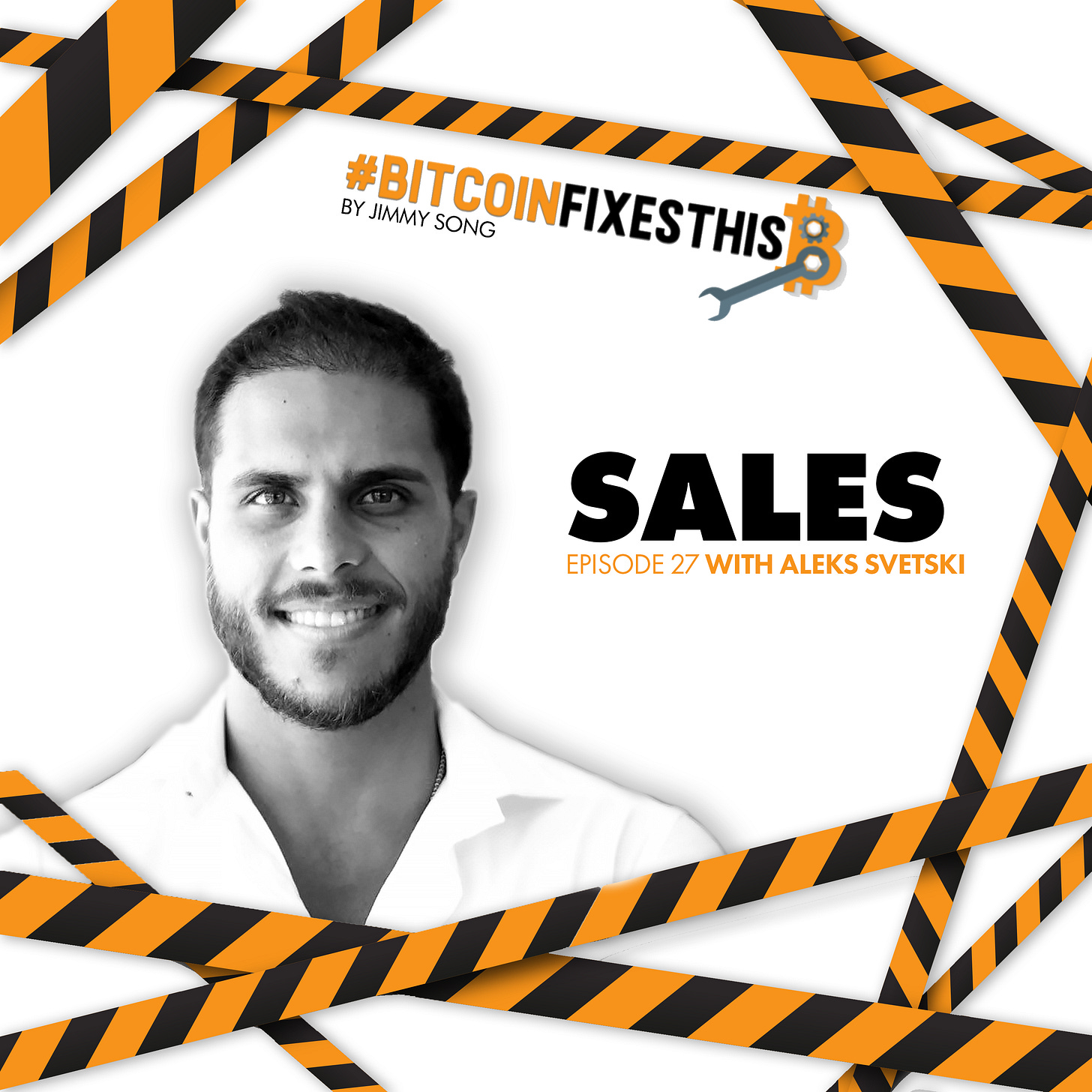Nothing quite brings out righteous indignation like an obvious power-play. No, I'm not talking about the election, I'm talking about Gamestop, Wall Street Bets and the SEC.
The details of the saga are well known. Lots of options buying, a gamma squeeze on uncovered calls which led to a huge short squeeze sending the stock into the stratosphere. This led to some power moves behind the scenes which led to many brokerages allowing only selling of the stock and not any buying, which led to a lot of righteous indignation and calls for justice.
Several hedge funds seem to have lost a ton of money regardless, but the most interesting part of the saga for me was just how much of this whole thing was manipulated from the beginning. Sure, WSB figured out that there was a great short-squeeze opportunity here and got a lot of retail investors involved to pump the stock to a point where the shorts would get wrecked, but what about what was happening before?
The short interest on this stock was over 100%. Think about that for a second. Someone was lending out stock that they didn't have or selling shares that they didn't have, what they call naked short-selling. Now how could they do this? Brokerages created lent out shares they didn’t have because the short sellers needed more ammo. Short sellers were going to lose money without additional artificial shares and the centralized systems gave them this out. In other words, they got bailed out through what was called a “loan” which in reality was bending the rules for their benefit.
In any sort of bearer instrument, this wouldn't fly as the instrument has to change ownership. In a centralized system, creation through lending is apparently par for the course. The shares of GME, in other words, was artificially inflated through debt.
If this sounds familiar, it should, this is exactly how fiat money gets expanded. Much like GME shares, fiat currency used to represent some amount of gold, but at some point, there was so much currency relative to the gold that the representative link was severed. In the same way, how much does the GME stock represent ownership in Gamestop the company? I suspect that due to all the naked short-selling, there's a whole lot more shares outstanding than is claimed by the company. This was, of course, used to devalue GME stock for the benefit of the hedge funds shorting it.
Centralization is the reason hedge funds can play these games. Additional units can be created at will without anyone being the wiser since it's all in one place anyway. They were stealing value from the owners of GME by expanding its supply.
The problem for the short-sellers is that the game can also be played from the other side. New money being loaned out amounts to expanding the money supply and there's nothing quite so easy as getting loans with equities as collateral. That along with the leverage afforded by options created a crazy squeeze which burned them. In other words, however fast you can expand GME stock, USD can expand faster.
Which brings me to my final point, which is that the volatility seen in the past week in GME is the result of pressure being built up through artificial suppression for the purpose of artificial stability. Local volatility releases this pressure and makes assets more stable over the long term. This is the virtue behind volatility that so many people miss. Suppressing volatility simply means there will be bigger swings in the future.
Bitcoin
Riccardo Casatta has an excellent article on Bitcoin fee estimation, building a model to smartly predict fees. It’s a three-part series that goes over the problem of estimating fees, and then collects some data about the fees being recommended by the Core software and then analyzing the data itself using TensorFlow. The series is an excellent way to use machine learning on a practical problem and I suspect that this will be a fruitful and intriguing thing to examine in the years going forward.
Luke Leighton has a thorough and thoughtful post about open hardware ASICs. The problem currently is that many of these chips that secure crypto-assets are closed-source and are using recommendations from questionable entities such as NIST and FIPS. What’s astonishing is that for processes that aren’t super-modern (say 350nm process), design to manufacture cost is actually pretty cheap (in the $10k range) whereas modern processes (say 7nm process) is on the order of $20M. This is one area of security that needs a lot more scrutiny and I hope this is the first step to a much better auditing of hardware.
BitMex Research has published an in-depth article on transaction censorship and how its economic ineffectiveness can be used to detect censorship. They connected their node to the network and figured out the optimal block in terms of fees for each block on the network and compared that to the ones the miners chose to mine. The optimal fees that they calculated during that time were 0.777 BTC/block versus the 0.775 BTC/block the miners actually made. Much of that is probably because of the empty blocks miners still continue to mine, but they suggest this could be a way to detect miner censorship. So far it doesn’t cost much to censor transactions because fees are still only about 10% of the miner revenue. The economic pressure will take another halving or two before even a 5% change in fee revenue will get scrutinized.
Lawrence Nahum explains how CSV is more private than nLocktime and how it’s used in the Blockstream Green wallet for recovery. The technical details are fascinating and are in this article. This is due to how Blockstream Green works. They are the second key in the 2-of-2 to make the wallet 2-factor. But in case they ever go bankrupt or get seized or something, they transfer a pre-signed transaction good only after 90 days to allow their key to not be needed after a certain locktime so the funds can still be recovered. In other words, funds can get unlocked as a 1-of-1 after 90 days. They changed this to a CSV meaning that it’s more private and customizable. Now users can choose which pre-signed transactions they can get for disaster recovery. Good of them to do this and I’m surprised no other wallet has implemented a similar model.
Karim Helmy has a great explanation of what Stratum V2 means and how pools will migrate. Among other things, this means that pools will no longer be incentivized to mine empty blocks! Also, the practice of transaction acceleration (out-of-band fee payment) will also stop being a source of revenue for these pools. Given how fees will dominate the mining reward in a couple of halvings, this is a development that’s inevitable and well worth starting to design businesses around.
Lightning
Muun is a lightning/BTC hybrid wallet from some developers in Argentina. The user experience on this wallet is what every lightning wallet should shoot for. No worrying about channels or capacity or anything, just send or receive payment quickly and easily. I suspect that their use case around this wallet is pretty different than what it is in North America or Europe and that necessity is the mother of invention.
lnd 0.12 is out and there are some interesting new features. Among other things, there’s the usage of child-pays-for-parent as a way to get the right amount of fees into a channel close that may have been open during a less competitive fee market. There’s also PSBT support for usage with hardware wallets and developer documentation. This last part aims to make it easy for developers to create apps on top of lnd.
Blockstream now offers a satellite API that pays via lightning! You can now pay for data transmission via satellite at a micro-sat level. This should, in theory, make it possible for you to run a node without being connected to the internet by transmitting transactions via satellite. I’m curious to see what kind of businesses can be built on something like this.
Ryan Gentry has put together all the Lightning happenings over the past month. If you’re a lightning developer, this newsletter is a must-subscribe.
Economics, Engineering, Etc.
Robert Breedlove has an interesting series that just started on Self-Sovereignty starting with an argument in the free markets of the digital realm. The essay is about how statism is more or less the norm right now in the digital realm and how that’s very much against individual liberty. But as the essay argues, we are not without tools and these are tools we must use to claim our liberty back.
Parker Lewis takes a break from explaining Bitcoin’s economic benefits to examining estate planning when it comes to Bitcoin. The article isn’t so much a recommendation of what to do so much as the things that we need to think about with respect to passing out our savings in the event of our death. There’s a lot of information, including trusts, durable power of attorney and so on, which can hopefully help those of you with spouses or loved ones that get nervous given the current price of Bitcoin.
Hanson Birringer has an impressively comprehensive beginner’s guide, this one with concrete recommendations to get immersed in Bitcoin, not just financially, but socially. There are some people and resources that I didn’t know about, so for those of you getting asked about Bitcoin and needing some recommendations to give out, this may be worth a visit.
Ray Dalio posts about Bitcoin. I don’t think he’s got anything particularly new to say, but his conception of Bitcoin is about where the mainstream opinion seems to be. Worth reading to figure out where “the crowd” is at this time.
Another week, another public company using Bitcoin for their corporate treasury.
Podcasts
My podcast this week was with Aleks Svetski. We talked about sales, how it’s underestimated in startups and how it’s used for evil in altcoins.
I spoke on Voices of Wall Street about how Bitcoin is becoming a bigger part of the market and how it’s going to help companies that don’t want to be shorted.. I also promoted the new book.
Fiat delenda est.















Hi Jimmy, nice letter here. I find you are very good at distilling technicals concepts in a few words. You are good at explaining what a some technical solution does and why it is important, like you did with DLC's. This newsletter is good for people who are not technical but keeps them a breast of new technical research or innovation. this is more useful than just explaining sound money or general stuff. Btw I find wall street types are always in fact preaching for custodial solutions, which end up negating some of bitcoins most important qualities, like censorship resistence.
Didier Borel